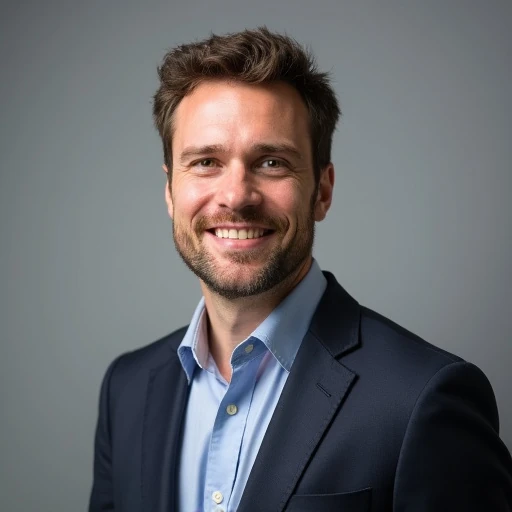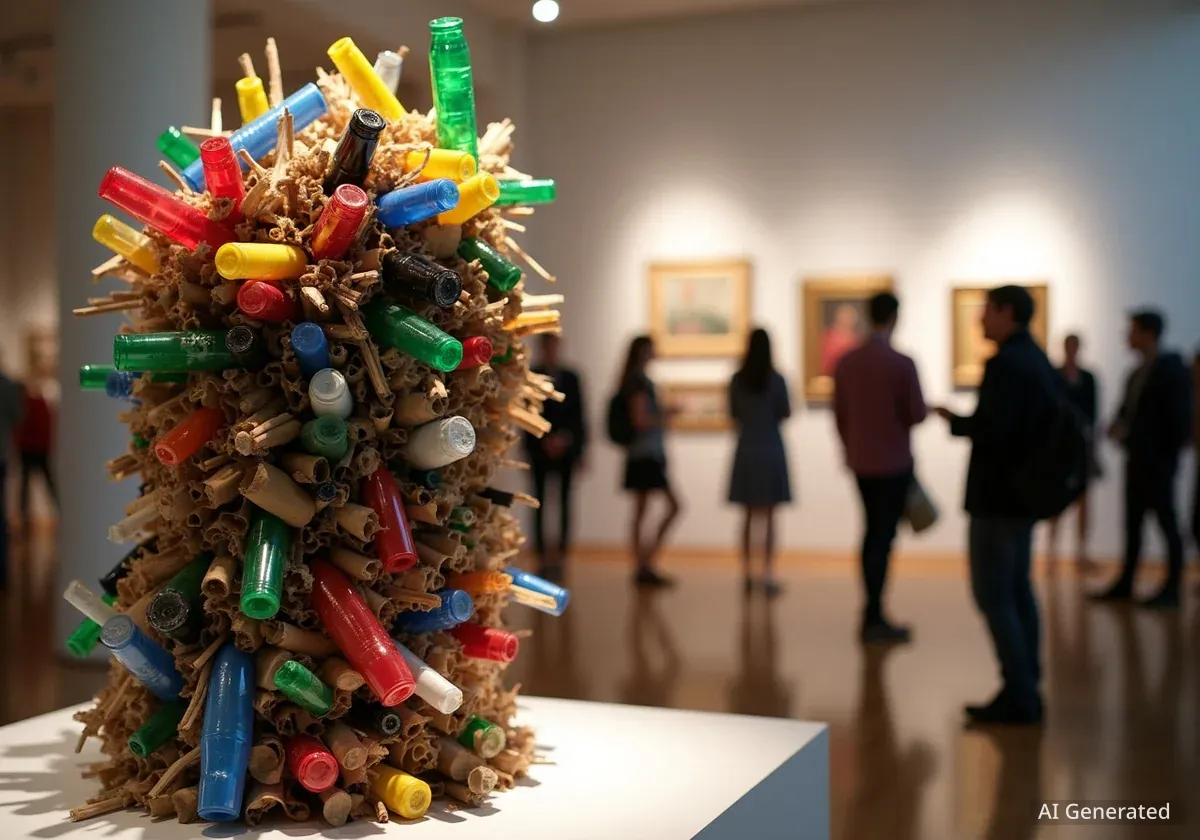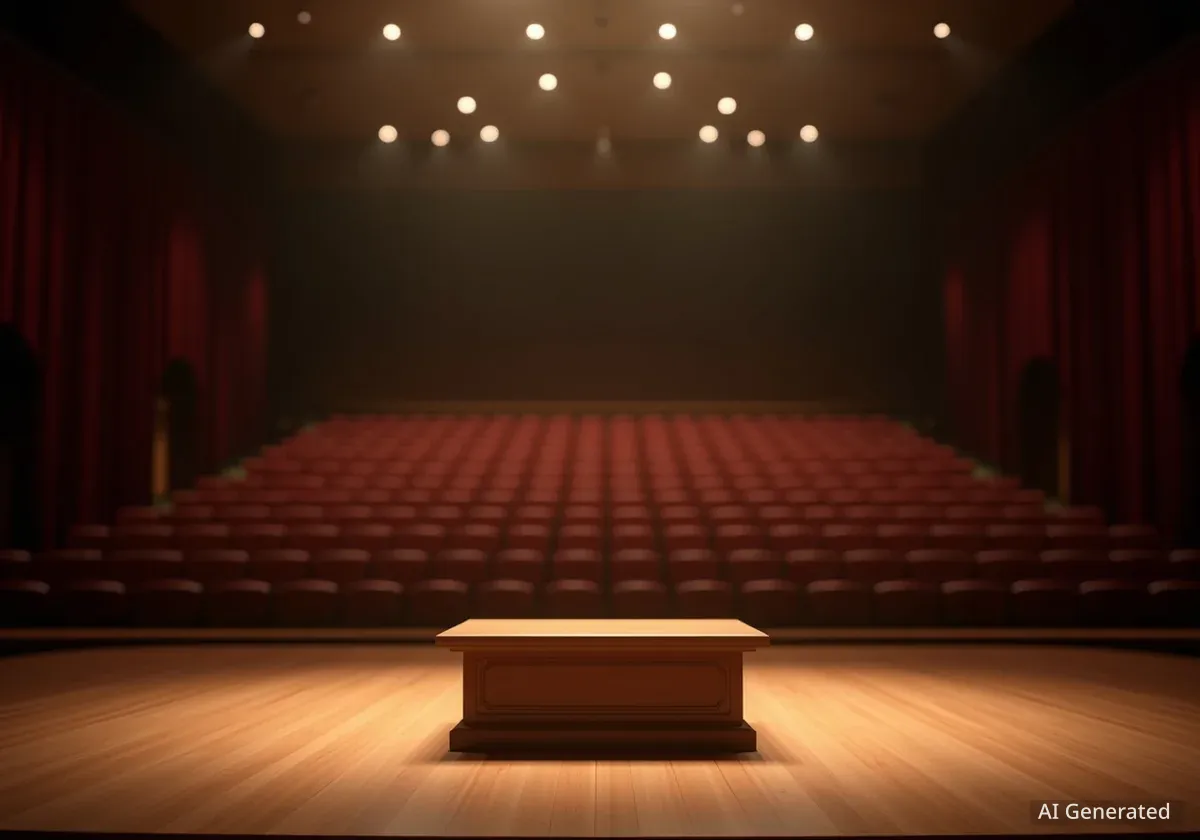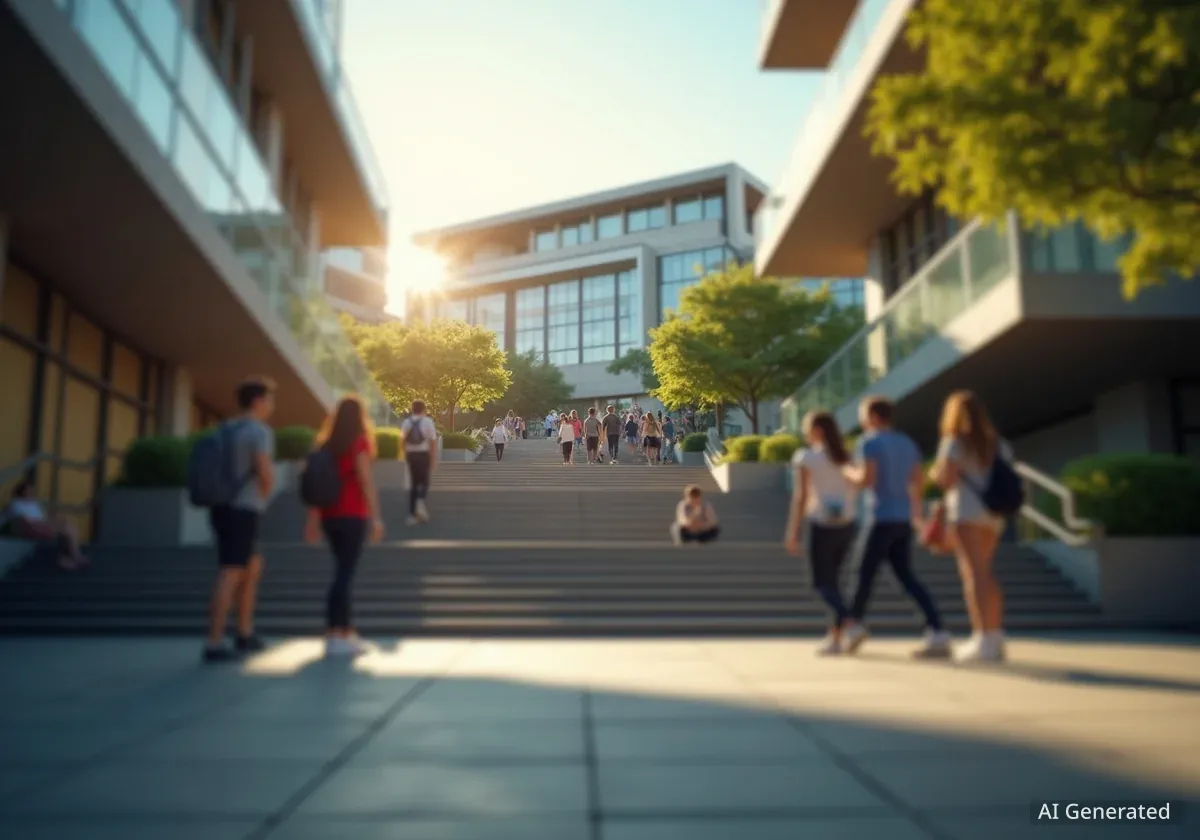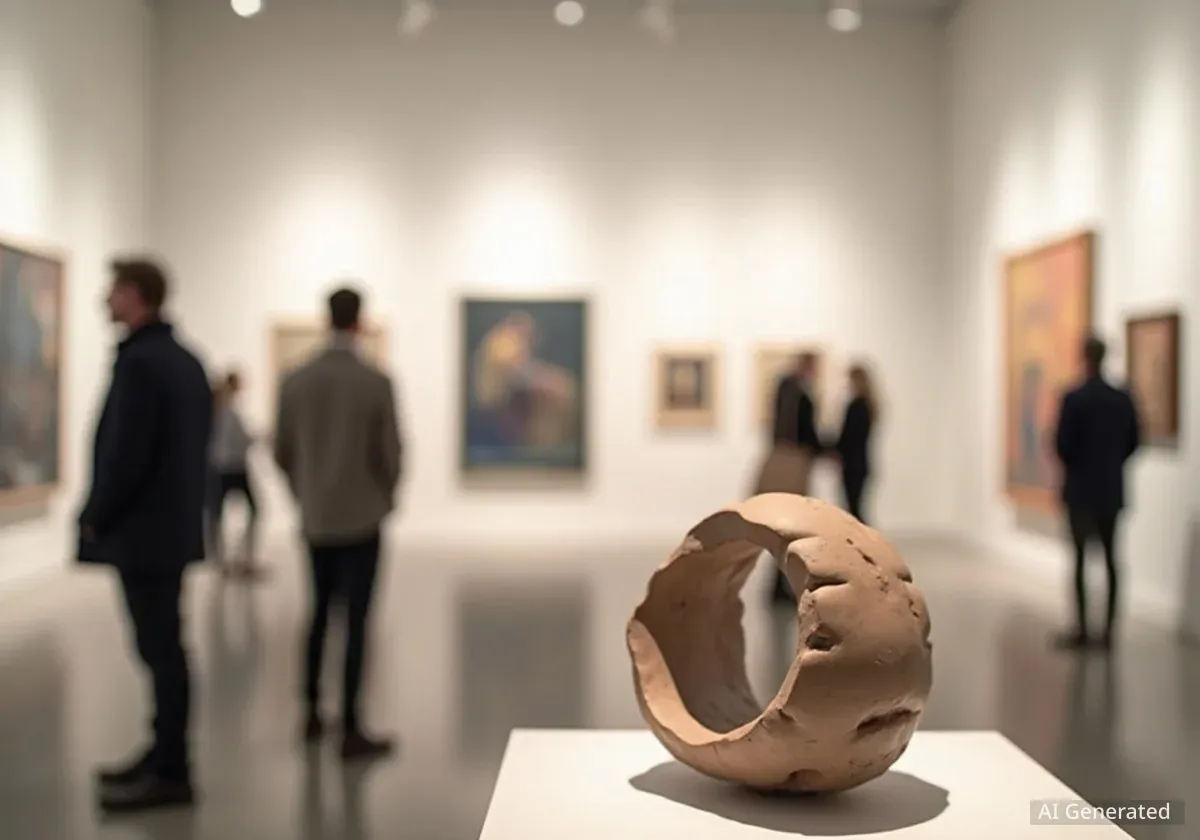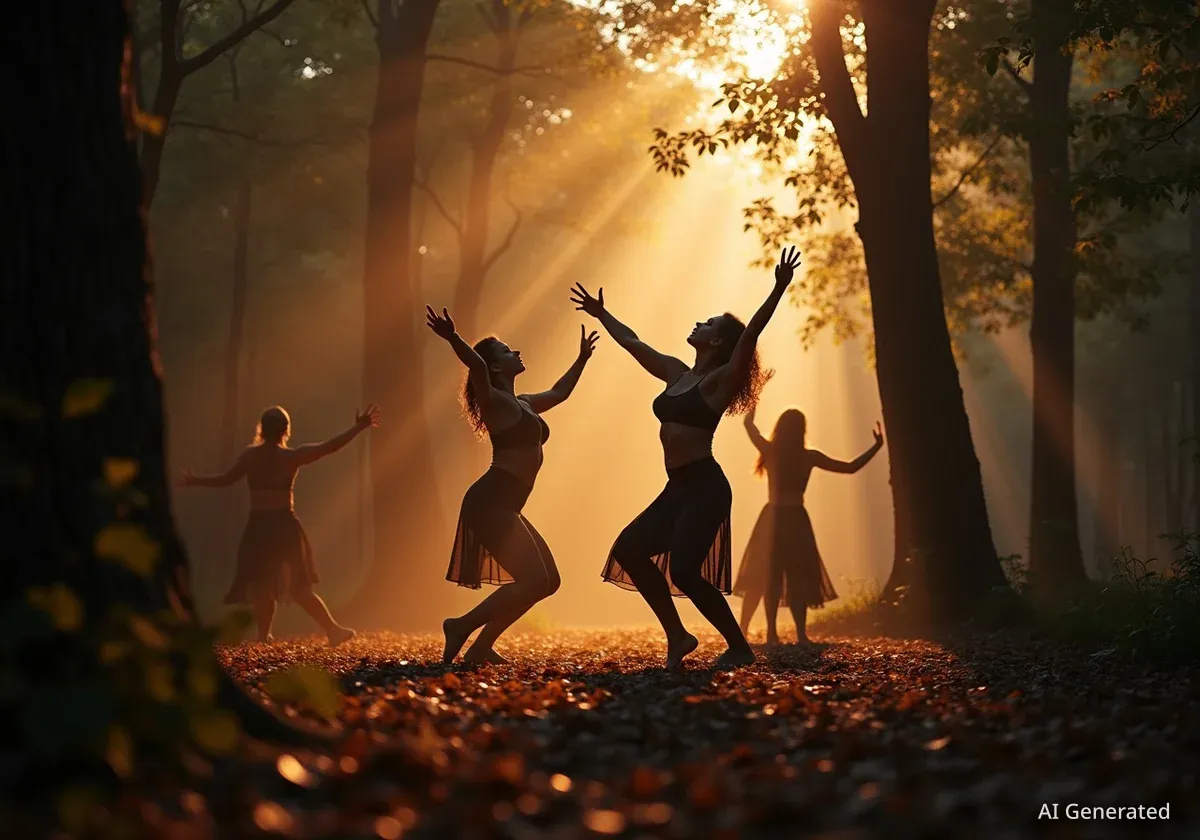A nonprofit organization in Eugene, Oregon, is challenging the community to see art in everyday discarded items. The Material Exchange Center for Community Arts, known as MECCA, is currently hosting its 16th annual "Object Afterlife" art show, an event where local artists transform mystery bags of scrap materials into unique works.
Operating as a secondhand craft store, MECCA provides low-cost supplies and studio space, aiming to make creative expression more accessible while promoting environmental sustainability through reuse.
Key Takeaways
- MECCA is a secondhand craft store in Eugene that promotes art creation using recycled and reused materials.
- Its 16th annual "Object Afterlife" event showcases art made from mystery bags of scrap items.
- The organization moved to a larger space in 2022, expanding its offerings to include affordable classes and studio access.
- MECCA's mission is to lower financial and environmental barriers to art, making creativity accessible to the entire community.
A New Definition of Art Supplies
In the heart of Eugene's 5th Street Market, the Material Exchange Center for Community Arts presents a unique retail experience. The storefront is filled with traditional art supplies like watercolor paper, yarn, and paintbrushes, all available at a fraction of their original cost. Alongside these items are materials that many might consider waste.
Shelves are stocked with coffee cans, oat milk containers, old National Geographic magazines, and scrap metal. According to Executive Director Heather Campbell, the organization takes a broad view of what constitutes an art supply, encouraging a shift in perspective on consumption and waste.
"We take anything — a really long view of what are art supplies. Coffee cans and oat milk containers and glass jars with lids .... everything from funky little things to more desirable things like jewelry and necklaces," Campbell stated.
This philosophy has guided MECCA since its founding in 1999. The core principle is that nearly any object holds the potential for creative transformation, a concept that underpins all of the organization's programs.
The Object Afterlife Challenge
MECCA's most prominent event is the annual "Object Afterlife" art show and fundraiser. Now in its 16th year, the program directly embodies the organization's mission of creative reuse. The process begins with a call to local artists in the spring.
Participants sign up to receive a mystery bag filled with a random assortment of scrap materials. These bags can contain anything from fabric scraps and old calendars to a single, unusual object. Artists are then given three months to create a new piece of art using only the materials provided.
"We did a call in the spring to local artists to participate in the show," Campbell explained. "Artists can get anything: a box of fabric scraps, National Geographics, calendars, or just one totally random object."
Event by the Numbers
- 16th year of the Object Afterlife event.
- Over 100 artists participated this year.
- Artists have 3 months to complete their work.
- 50% of art sale proceeds support MECCA's programs.
The resulting artworks are displayed at the MECCA storefront throughout October. A closing celebration is scheduled for November 7, where judges will evaluate the pieces and award prizes. The event also functions as a critical fundraiser, with half of the proceeds from art sales going back to support MECCA's operations.
Mitra Gruwell, the Community Engagement Coordinator, expressed admiration for the participants' ingenuity. "It's so fun to see how creative people are with what could be seen as random trash," she said. "I would have never thought of half of the things that people make each year."
Expanding Access to Creativity
In 2022, MECCA relocated to a new facility in the 5th Street Market, a move that nearly doubled its physical space. This expansion has been instrumental in allowing the organization to grow beyond a simple storefront into a more comprehensive community art center.
The larger location now houses a dedicated studio space accessible to the public. Visitors can use professional equipment, including a printing press, sewing machines, and button-making and lamination machines. Access is provided in exchange for a recommended donation upon checkout, removing the high cost of equipment as a barrier to entry for aspiring artists.
Campbell highlighted the financial challenges that often prevent people from exploring new creative hobbies. "Financial access to art supplies is really, really limiting," she explained. "Say you want to learn to knit, and you go to the craft store and you realize that a skein of yarn is like $30. And you think I don't want to learn to knit that bad, but you can come here and buy it for a dollar or two."
MECCA's Community Resources
Beyond its retail store, MECCA provides several key services aimed at fostering community engagement with the arts:
- Low-Cost Supplies: A wide range of new and used art materials are sold at significantly reduced prices.
- Open Studio Space: The public can access specialized equipment like a printing press and sewing machines for a small donation.
- Affordable Classes: Workshops on topics from stained glass to Swiss darning are offered for around $100 or less.
Fostering an Inclusive Artistic Community
A central goal for the team at MECCA is to create a welcoming environment for everyone, regardless of their artistic background or skill level. The organization actively works to dismantle the idea that one must be a professional to be considered an artist.
The center attracts a diverse group of people, from parents looking for craft projects for their children to college students seeking a way to de-stress. Campbell and Gruwell emphasize that MECCA is a space for anyone engaged in a creative life.
This inclusive approach is reflected in their programs, which are designed to be low-cost and low-risk. The affordable classes, such as those in stained glass or Swiss darning, provide opportunities for people to try new mediums without a significant financial investment.
Campbell believes that creativity is an inherent part of daily life and that everyone who embraces it is an artist. "You don't have to be a practicing, high-level artist to be an artist," she said. "You can just be creative and going through your day-to-day life. That's another barrier that we want to break down. If you're living a creative life, you're an artist, and you're welcome here."
Through its unique model of combining environmental consciousness with artistic accessibility, MECCA continues to serve as a vital hub for Eugene's creative community, proving that inspiration—and art supplies—can be found almost anywhere.
